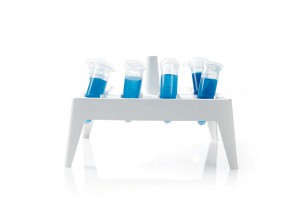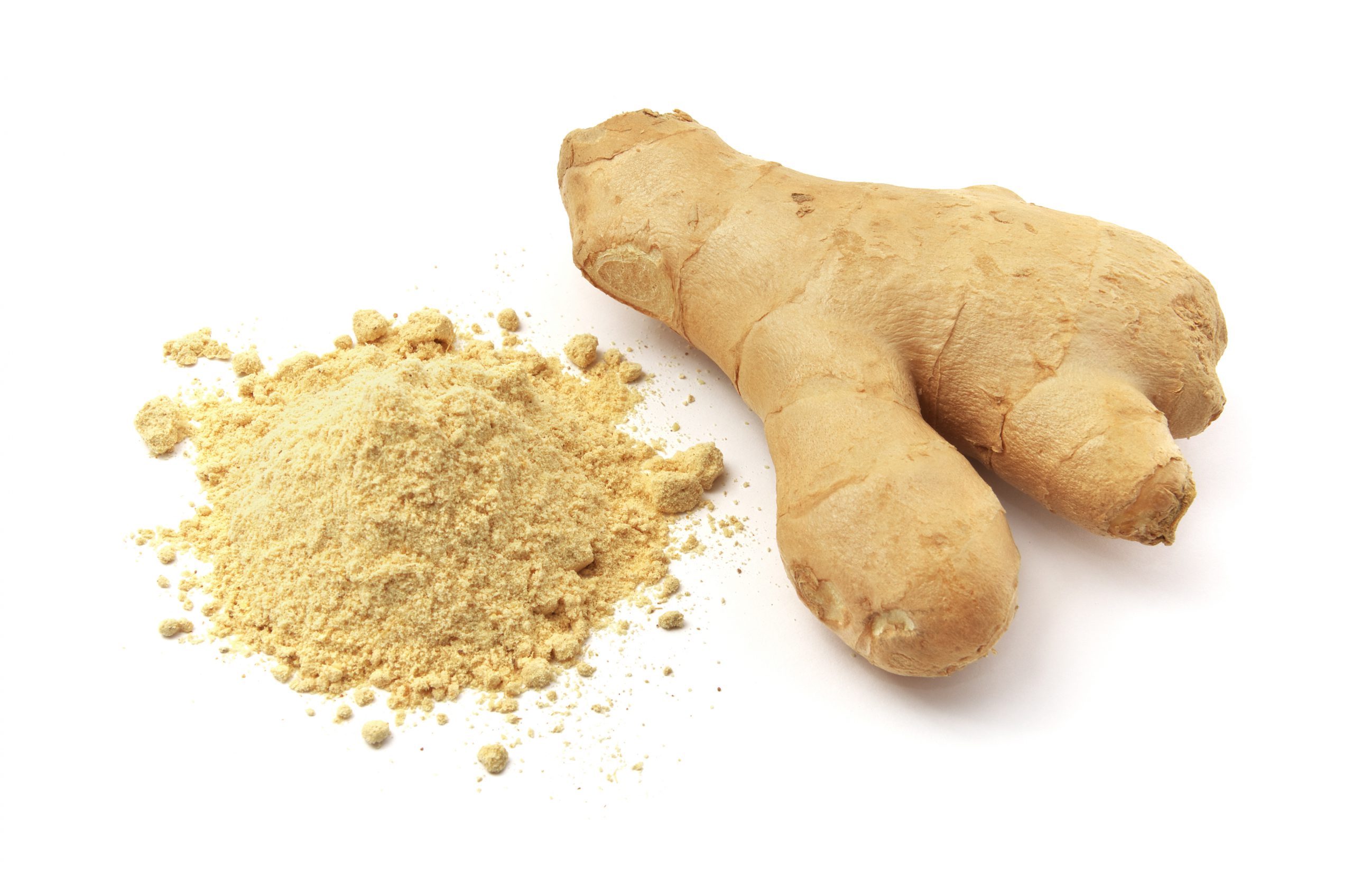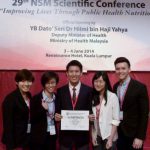Historically, ginger has a long tradition of being very effective in alleviating symptoms of gastrointestinal distress, promoting the elimination of intestinal gas and soothing the intestinal tract. Modern scientific research has revealed that ginger possesses numerous therapeutic properties including antioxidant effects, an ability to inhibit the formation of inflammatory compounds, and direct anti-inflammatory effects.  A research team led by IMU Associate Professors Dr Leong Chee Onn and Mallikarjuna Rao Pichika discovered that the major bioactive compound in the rhizomes of ginger, 6-shogaol, is a strong peroxisome proliferator activated receptor (PPARγ) agonist. Activation of PPARγ has been recently shown to induce tumour differentiation and is a known target for many antidiabetic drugs used in the clinics. The team demonstrated that the antitumour effects of 6-shogaol in colon cancers are mainly due to the activation of PPARγ and imply that activation of PPARγ might be beneficial for cancer treatment. The findings were published in the August 2013 issue of Cancer Letters.
A research team led by IMU Associate Professors Dr Leong Chee Onn and Mallikarjuna Rao Pichika discovered that the major bioactive compound in the rhizomes of ginger, 6-shogaol, is a strong peroxisome proliferator activated receptor (PPARγ) agonist. Activation of PPARγ has been recently shown to induce tumour differentiation and is a known target for many antidiabetic drugs used in the clinics. The team demonstrated that the antitumour effects of 6-shogaol in colon cancers are mainly due to the activation of PPARγ and imply that activation of PPARγ might be beneficial for cancer treatment. The findings were published in the August 2013 issue of Cancer Letters.









